A fistula is an abnormal tunnel or passage that forms between two parts of the body, like the anus and rectum, or between skin and internal organs. It usually happens when an infection or abscess doesn’t heal properly, leading to discomfort, pain, and sometimes infection. If not treated, it can worsen over time.

In this blog, we’ll share top fistula foods to avoid in 2025. We’ll also discuss non-surgical treatments like Graded Kshar Sutra for Fistula, which can offer relief without surgery.
When recovering from an anal fistula, it’s important to avoid foods that can irritate your digestive system, increase inflammation, or slow down the healing process. Here’s a detailed explanation of which foods to avoid and why, with specific examples for better understanding:
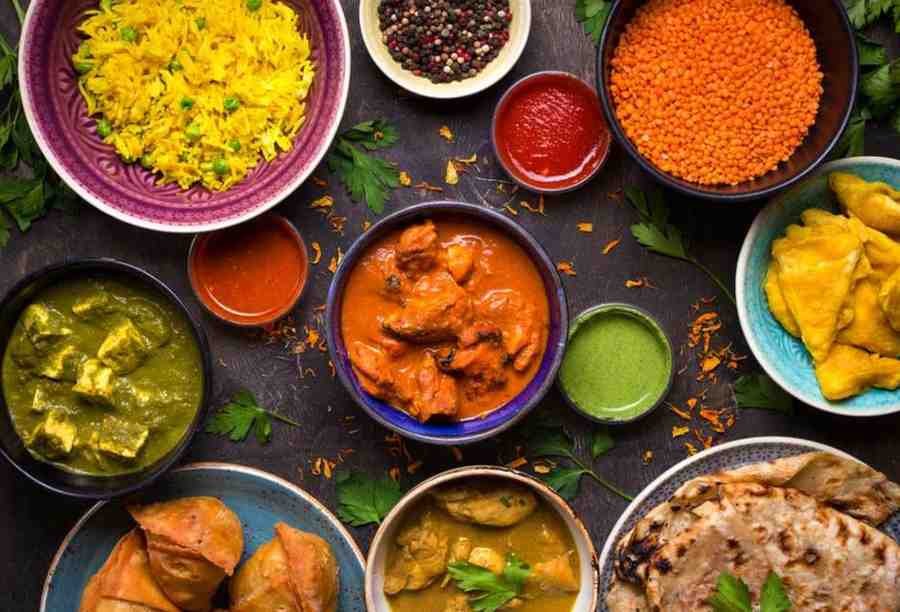
Spicy foods can irritate your digestive tract, causing more inflammation and discomfort, which can worsen the symptoms of an anal fistula. Spices like chili can also cause gastrointestinal upset. It’s best to avoid these if you’re recovering from a fistula.
Examples: Foods like hot sauces, spicy curries, and fried snacks such as spicy chips or pakoras can irritate your digestive system. They may increase inflammation and discomfort, slowing down the healing of your anal fistula. It’s best to avoid these while recovering.
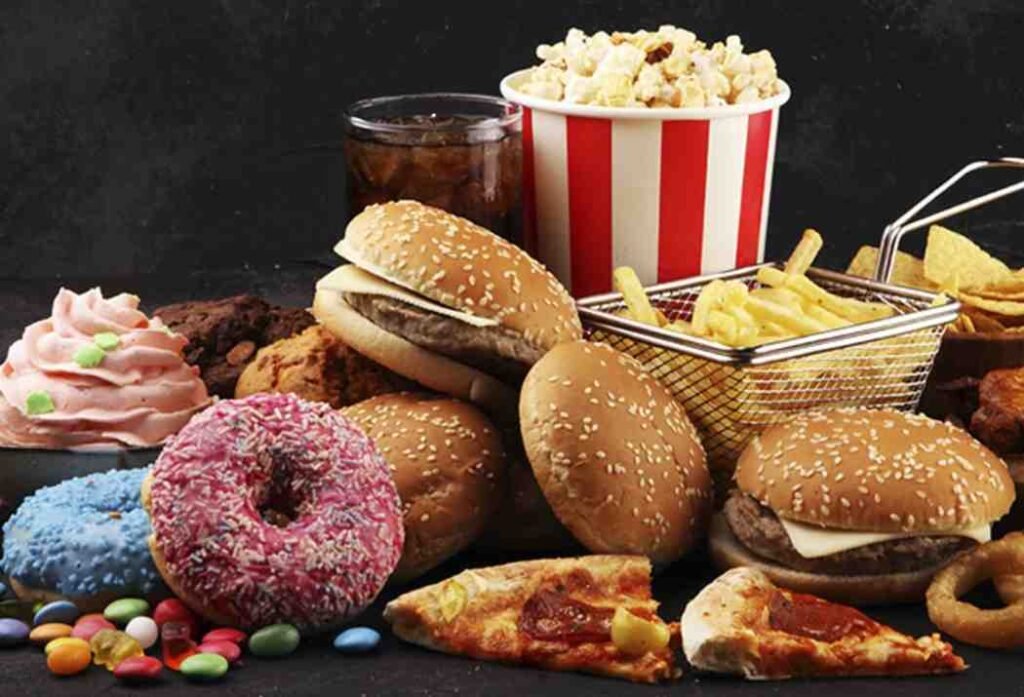
Processed foods are often loaded with unhealthy fats, sugars, and preservatives, which can trigger inflammation in the body. These foods can also be hard on the digestive system, making it difficult for your body to heal. Avoiding them can support a faster recovery and reduce discomfort from Anal fistula symptoms.
Examples: Foods like chips, cookies, candies, sausages, and hot dogs are loaded with unhealthy fats, sugars, and preservatives. These can irritate your system, slow down digestion, and make healing harder. It’s best to avoid them for quicker recovery from an anal fistula.
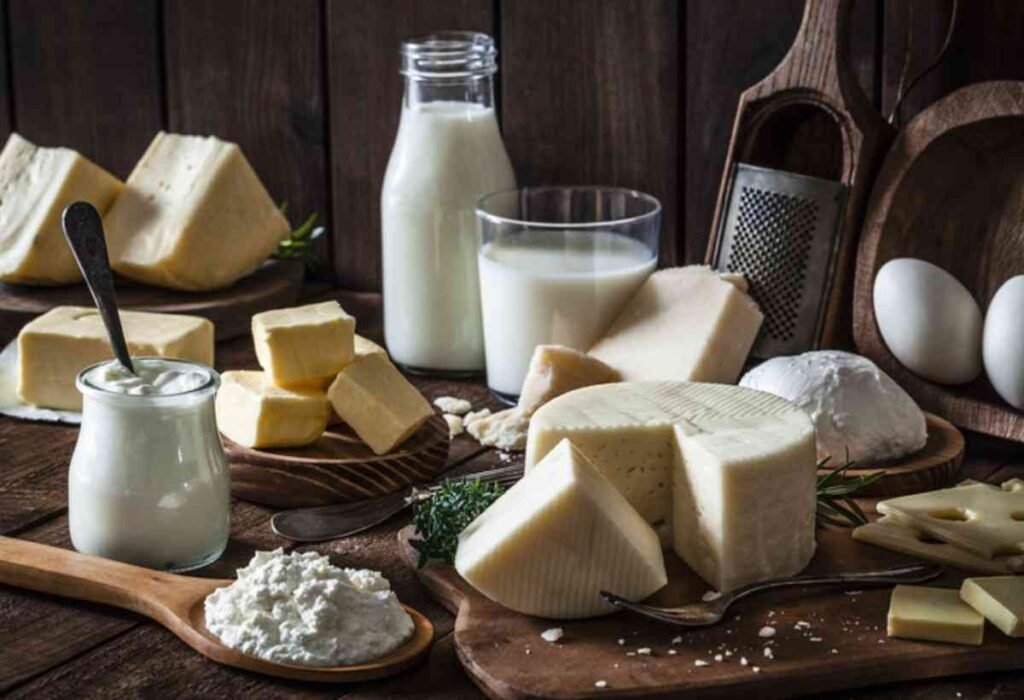
Full-fat dairy products can be hard on your digestive system, leading to bloating, gas, and stomach upset. It can also contribute to increased inflammation, potentially hindering the healing process of an anal fistula. Opting for low-fat or dairy-free alternatives is recommended.
Examples: Full-fat dairy items like milk, cream, cheeses (such as cheddar and mozzarella), butter, and ice cream can cause digestive discomfort and increase inflammation. These can interfere with the healing of an anal fistula, so it’s best to opt for low-fat or dairy-free alternatives.
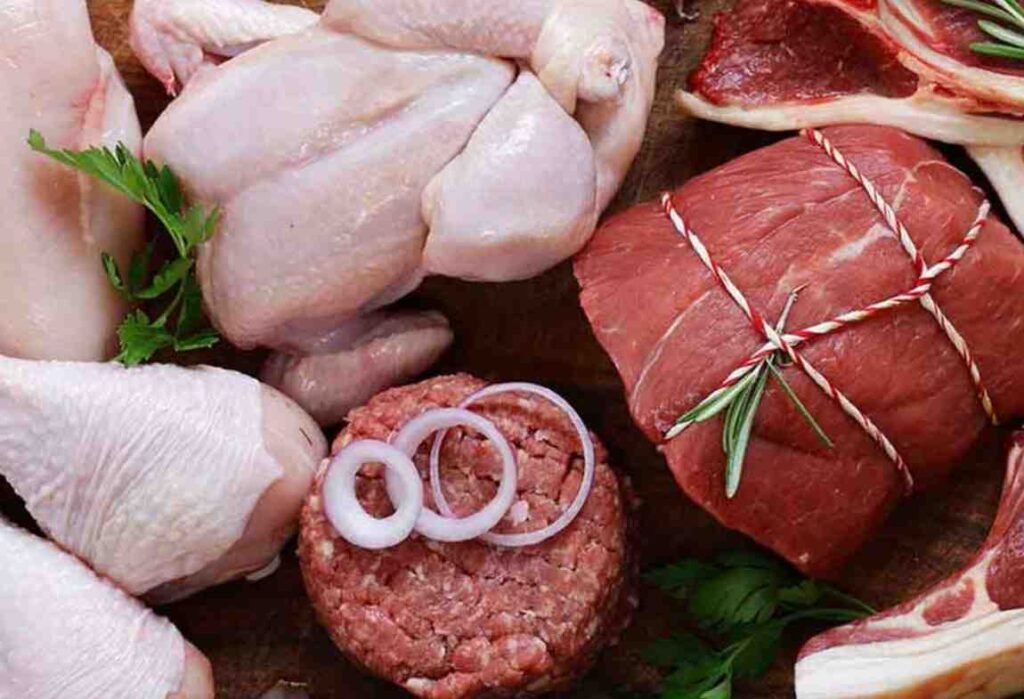
Red meat is rich in saturated fats, which can trigger inflammation in the body. These meats are harder to digest and can lead to bloating and discomfort, especially when your digestive system is already stressed from dealing with a fistula. Leaner meats like chicken or plant-based protein sources are better alternatives.
Examples:Red meat like beef (steaks, ground beef), mutton, lamb, and pork (ribs, chops, bacon) can increase inflammation and cause digestive issues. Opting for lean meats or plant-based proteins is a better choice for faster healing.

Caffeine can irritate the digestive system, increase acidity, and cause dehydration. Dehydration can slow down the healing process and may contribute to constipation, which can make fistula symptoms worse. It’s best to avoid or limit your intake of caffeinated beverages.
Examples: Caffeinated drinks like coffee (regular or espresso), tea (black, green, or flavored), energy drinks like Red Bull and Monster, and sodas with caffeine can irritate your digestive system and cause dehydration. It’s better to limit or avoid these beverages to support healing.

Alcohol dehydrates the body, which can hinder the healing process of an anal fistula. It can also irritate the gastrointestinal tract and increase the stress on your digestive system. Avoiding alcohol entirely is a wise choice during recovery.
Examples: Alcoholic beverages like beer, wine (red, white, or sparkling), spirits such as vodka, whiskey, and tequila, as well as alcoholic cocktails, can dehydrate the body and irritate the digestive system. It’s best to avoid these completely while recovering from a fistula.
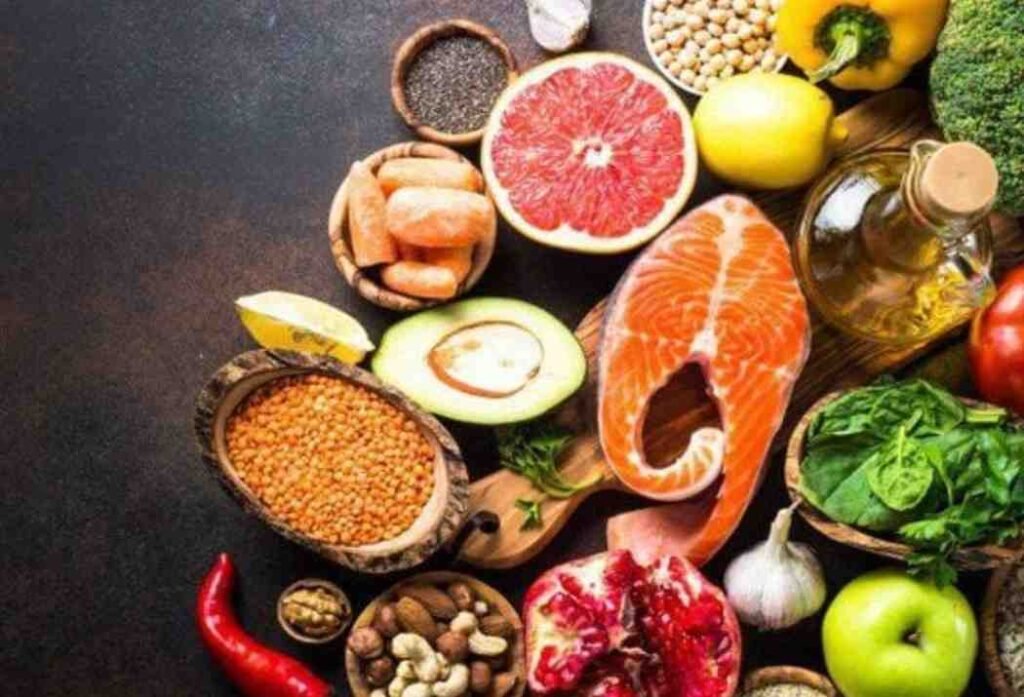
Foods that are high in acid can irritate your stomach and intestines, causing discomfort and increasing inflammation. This can make the symptoms of a fistula worse, as acidity can aggravate the digestive tract. It’s best to avoid highly acidic foods until you’ve fully recovered.
Examples: Acidic foods like citrus fruits (oranges, lemons, limes), tomatoes and their products, vinegar, and sour fruits like pineapples can irritate your digestive system. It’s better to avoid them to reduce discomfort during fistula recovery.
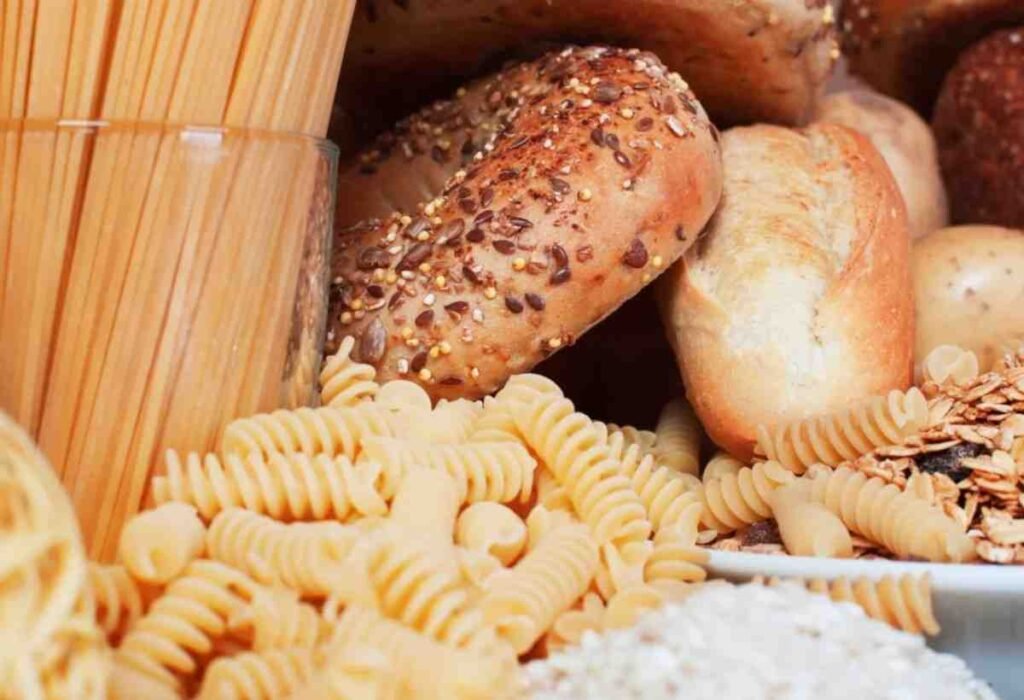
Refined carbs are processed and lack fiber, which can slow down digestion and cause constipation. When you’re constipated, you might strain during bowel movements, which can increase discomfort and strain on the fistula area. Opting for whole grains and fiber-rich foods is a better choice.
Examples: Refined carbs like white bread, white rice, pasta, and sugary treats like cakes and donuts can slow digestion and lead to constipation. It’s better to avoid these and choose whole grains and fiber-rich options instead.
By avoiding these foods, you can reduce irritation, improve digestion, and support faster healing of an anal fistula. Choosing wholesome, anti-inflammatory foods can help your body recover and make the process more comfortable.
When dealing with fistula recovery, it’s just as important to focus on foods that aid healing. Here are some foods you can include in your diet to support your recovery:
Incorporating these foods into your diet will support healing, reduce discomfort, and help manage fistula symptoms more effectively.
If you’re struggling with fistula, it’s important to consult a healthcare provider or a specialist. Dr. S.K. Singh, a renowned proctologist in Delhi, has over 30 years of experience in treating conditions like fistula. He specializes in non-surgical treatments for fistula, including the effective Graded Kshar Sutra treatment.
Kshar Sutra treatment is a non-surgical solution for fistula, where a specially medicated thread is used to promote healing and reduce symptoms. It is a safer, less invasive alternative to surgery. Dr. S.K. Singh has helped many patients find relief using this method.
If you are looking for Kshar Sutra treatment in Delhi, Dr. S.K. Singh’s clinic is a trusted choice for non-surgical fistula solutions. Consulting a specialist is crucial to get a treatment plan tailored to your needs.
Managing a fistula requires a multi-faceted approach, including proper dietary choices, lifestyle modifications, and appropriate medical treatments. By avoiding certain foods that irritate the digestive system and incorporating healthier options, you can improve your recovery process. Additionally, treatments like Graded Kshar Sutra offer a safe, non-invasive solution for managing fistula symptoms.
For anyone dealing with a fistula, it is important to consult with a proctologist like Dr. S.K. Singh, who specializes in non-surgical treatments and has extensive experience in Kshar Sutra treatment for fistula. With the right approach, fistula symptoms can be effectively managed, leading to a better quality of life.
Disclaimer: Individual results may vary. The statements on this website and all affiliates have not been evaluated by the FDA. Advice on treatment or care of an individual patient should be obtained through consultation with a physician.
*Multicentric Randomized controlled clinical trial of Ksharsutra (Ayurvedic medicated thread) in the management of Fistula-in-Ano; Indian J Med Res (B) 94, June 1991, pp 177-185